Big Wata: Filmmaker Interview
Big Wata
West Africa has a turbulent and violent past, a history marked by civil war, ravaged by disease. In a small corner of Sierra Leone, during an Ebola outbreak, a band of brothers find solace, escape and a new sense of identity through surfing. Director Gugi van der Velden goes on an insightful journey to meet the first and only surf club in Sierra Leone. His film, Big Wata, shows the resilience of West Africa, and how a dream can bring light in an otherwise dark time. The film has its UK Premiere at the London Surf / Film Festival on 10th October – tickets available HERE
We caught up with filmmaker Gugi van der Velden to find out more about his inspiring film.
How did you discover the surf club and what made you want to tell their story?
Floris (producer of Big Wata) and I have been friends since primary school. Floris spent some time in Sierra Leone in 2012, just down the beach from the surf club. He became friends with the surf club members and they spent a lot of time together, hanging out and surfing.
When Floris returned to the Netherlands we went to the beach one afternoon. He told me about the surf club and its members, that’s when we starting discussing making a film. In documentary filmmaking access is one of the most important elements, the fact that they regarded Floris as their brother meant we were welcome there.
We hoped to show a positive side to a country that has had a dark shadow cast over it for a very long time. But also to discover how surfing gives the surf club members an identity and how they use that identity to distinguish themselves from the crowd.
Did you have an idea what the story was going to be before filming, or did the film develop organically over a period of time?
We had an idea and wrote a script. But as always, things developed while we were there. We had another protagonist in mind before shooting, but discovered that Medo had a far more interesting story to tell. He is a soft spoken and gentle character and despite this disposition he was suspended from the surf club for reasons that were not exactly clear. We decided beforehand that we were going to make a documentary about the members of the surf club and not so much a surf film. Surfing is a very strong element to the story, but I was just as drawn to the human interest aspect. Finding strong universal themes that anybody can connect.
How long did the project take?
Forever! We had to postpone the trip once because the Ebola situation was too risky at the time. We finally went in May of 2015 and spent 6 weeks shooting non stop. When we got back home we had 90 hours of coverage that needed translating, we had underestimated how much work that would be. Then editing was also a challenge and consumed our weekends and nights. We finalised the film in January of 2018 just in time for the premiere at the Santa Barbara International Film Festival.
How was it working in a region so soon after the Ebola outbreak?
We had to take precautions and travelling was tricky. We were mostly afraid of catching Malaria as this has the same symptoms as Ebola. We avoided bodily contact as much as possible and washed our hands when we had the chance. As in any of these situations you become more nonchalant as time goes by. Especially with our friends at the surf club and the people we spent time with, handshakes and hugs became normal.
What were the most difficult parts of the film and what were the most rewarding?
Shooting long days with the sun beating down on you is always demanding. The travelling was tough and keeping all the gear and footage organised. But the most difficult must be shooting a documentary in a language that you do not speak. After a while you get a feeling for Krio and it has a lot of pidgin English in it, but when a group of people are having an animated discussion it’s pretty much impossible to know exactly what is being said. The contents of what is being said in certain scenes didn’t become clear till we had it translated. We had one scene that felt very interesting while shooting, only to find out in post-production they had been talking about us all the time.
What is next for Gugi van der Velden?
Big Wata was a labour of love and most of the editing was done in our spare time. For the next feature film project I plan on focussing solely on that project and not having to worry about other stuff. I developed this really deep wrinkle next to my nose that I affectionately named Big Wata, late night editing makes you age fast…
